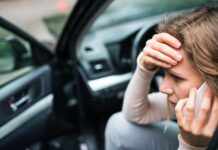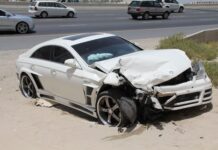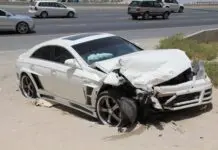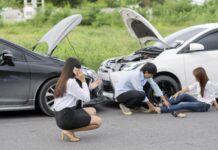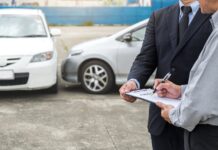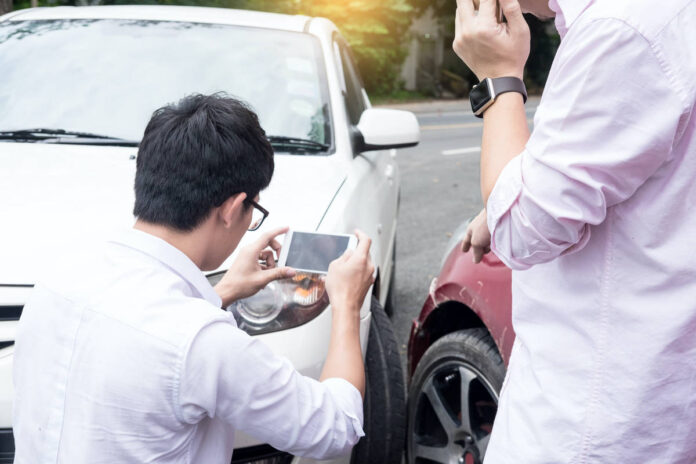
When you’re involved in a car accident in San Diego, the decisions you make immediately afterward can significantly impact the outcome of any ensuing legal action.
Among the most critical of these decisions is the collection and preservation of evidence. Solid evidence can be the defining factor between winning and losing a car accident case or securing a fair settlement.
The Importance of Evidence
Evidence serves as the foundation of any legal claim, particularly in car accidents where the fault may be disputed.
It helps establish liability, demonstrate the extent of damages, and can influence the negotiation process with insurance companies or in court.
Types of Evidence in Car Accident Cases
In car accident cases, various types of evidence play a crucial role in determining liability and securing compensation.
Photographic and Video Evidence
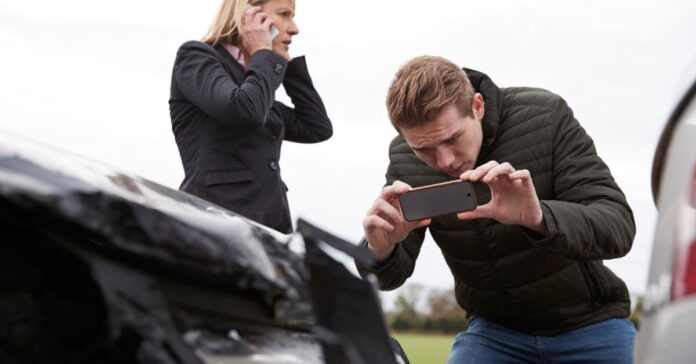
Photographic and video evidence, including accident scene photos, provide essential details such as road layout, vehicle positions, and any debris present.
Detailed images of vehicle damage aid experts in reconstructing the accident and gauging impact forces, while photographs of injuries immediately after the incident demonstrate their severity.
Eyewitness Accounts
Eyewitness accounts, particularly bystander statements, offer objective perspectives on the accident sequence and help corroborate the victim’s version of events.
Obtaining contact information from witnesses ensures their availability for formal statements if needed.
Police Reports
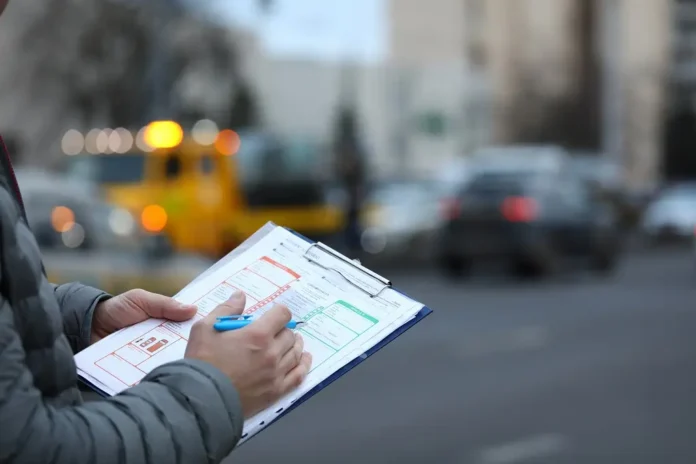
Police reports serve as official documentation, containing observations, citations issued, and initial fault assessments, which can significantly influence claims.
Medical Records
Medical records, including immediate treatment documentation and ongoing care records, establish a direct link between the accident and injuries sustained, highlighting their extent and impact.
Traffic Camera or Surveillance Footage
Traffic camera or surveillance footage provides a visual account of the accident, capturing the event as it occurred and serving as compelling evidence.
Expert Testimony
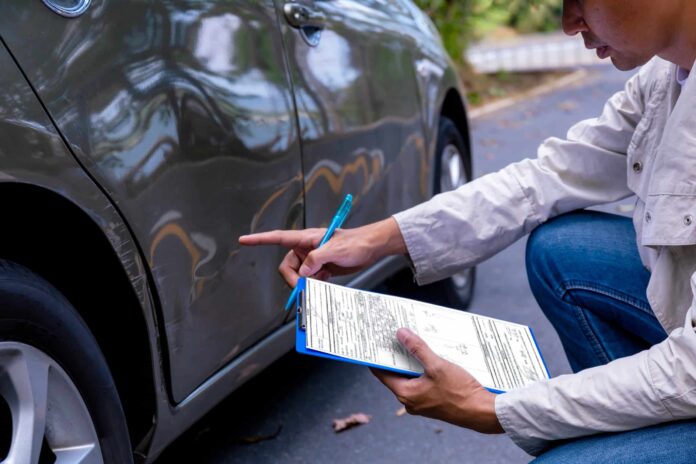
Expert testimony, such as accident reconstructionists and medical professionals, offers specialized analysis and insight into the accident’s cause and effects.
Personal Account and Documentation
Personal accounts and documentation, such as journals detailing post-accident experiences and financial records indicating incurred expenses, further support the victim’s claim and ensure adequate compensation.
Tips for Preserving Evidence
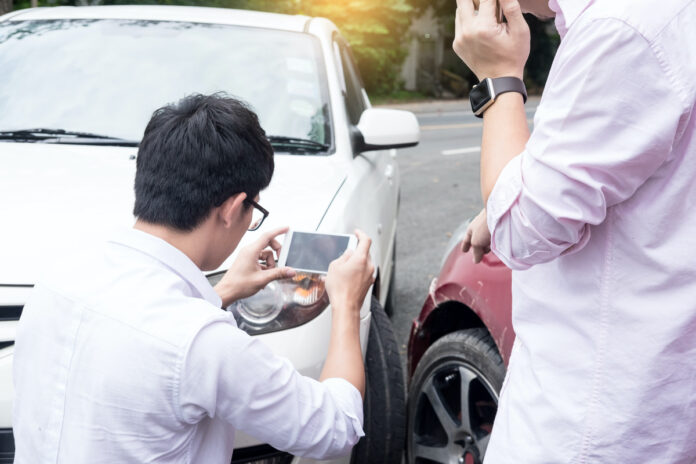
Evidence is not only crucial, but it can also be fleeting. Preservation is therefore as important as the collection.
Document Everything Promptly
As soon as possible after an incident, write down everything you remember, including conversations, times, locations, and weather conditions. This contemporaneous account can be invaluable when memories fade over time.
Take photographs of the accident scene, injuries, and any relevant factors. Ensure that date and time stamps are enabled to provide an accurate timeline.
Secure Physical Evidence
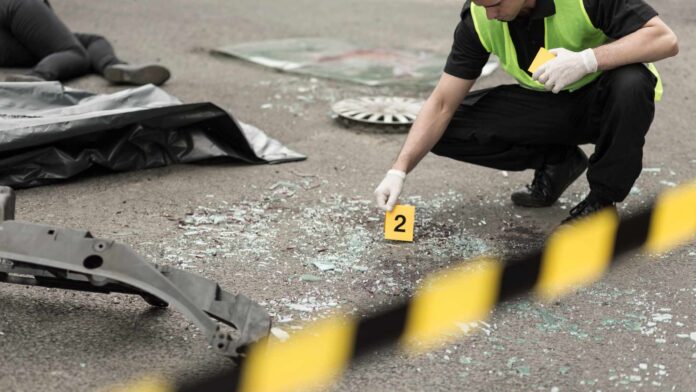
Keep any physical evidence intact, such as torn clothing, a damaged bicycle helmet, vehicle parts, or personal items affected in the incident.
Store physical evidence in a safe, dry place. Avoid tampering with or altering the items in any way.
Document who has had access to the evidence. A clear chain of custody ensures that the items have not been altered or tampered with and remain admissible in court.
Seek Professional Legal Assistance
Engage with an attorney immediately. A legal professional can take quick action to preserve evidence, such as filing court orders or advising you on best practices for documentation.
Utilize Technological Tools
Ensure electronic evidence such as surveillance footage, GPS data, or cell phone records is backed up and secured.
Often, digital data has automatic deletion policies, and securing this information early can prevent loss.
Obtain Official Documents
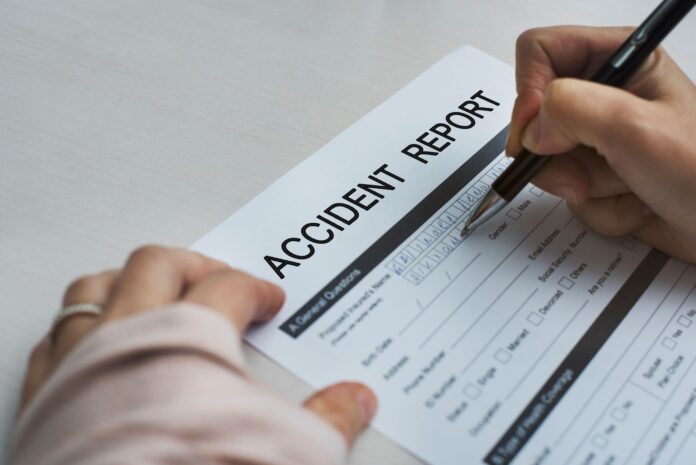
Request a copy of the police report immediately. These often contain statements, diagrams, and the responding officer’s preliminary assessment, which can be critical evidence.
Obtain comprehensive medical documentation of your injuries and treatments, as well as expert opinions on the prognosis.
Maintain Confidentiality
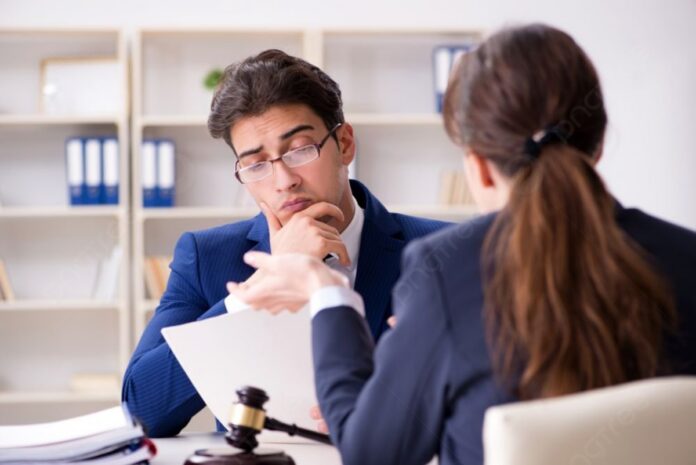
Discuss evidence only with your lawyer. Sharing information widely can sometimes damage the integrity or credibility of the evidence.
Consistent Follow-Up
Certain evidence, like surveillance footage or vehicle black box data, may be subject to deletion by third parties.
Consult your attorney about having preservation letters sent to secure this information.
Stay in touch with witnesses and keep a record of their contact information. Your attorney may need to follow up for additional details or clarification as your case progresses.
Handling Evidence Preservation
Be Prompt
Evidence can degrade, be lost, or be destroyed over time. Photographs fade, skid marks wash away, and vehicles are repaired. Act as quickly as possible to document the evidence.
Seek Legal Assistance
An experienced car accident lawyer in San Diego can be indispensable:
- Investigation: They can promptly investigate the scene before evidence disappears.
- Expert Witnesses: They can enlist forensic experts to reconstruct the accident and medical experts to testify about your injuries.
- Securing Records: Lawyers can obtain surveillance footage and gather comprehensive evidence that may be challenging to access.
Store Evidence Properly
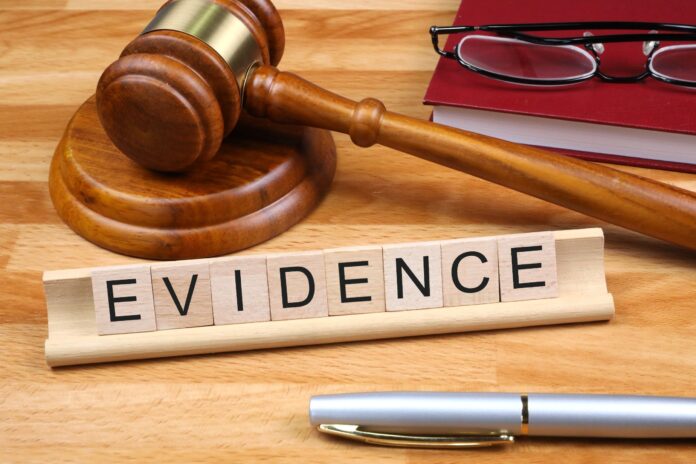
Physical evidence should be stored in a safe, dry place.
Electronic evidence like photos, videos, and digital records should be backed up in multiple locations.
Avoid Social Media
Sharing details about the accident on social media can compromise your claim.
The defense could use your shared content to dispute your account of the event or the severity of your injuries.
Proving Liability in a Car Accident
The concept of liability hinges on the legal theory of negligence.
In San Diego, as in the rest of California, negligence in a car accident case is established by proving the following elements:
Duty of Care
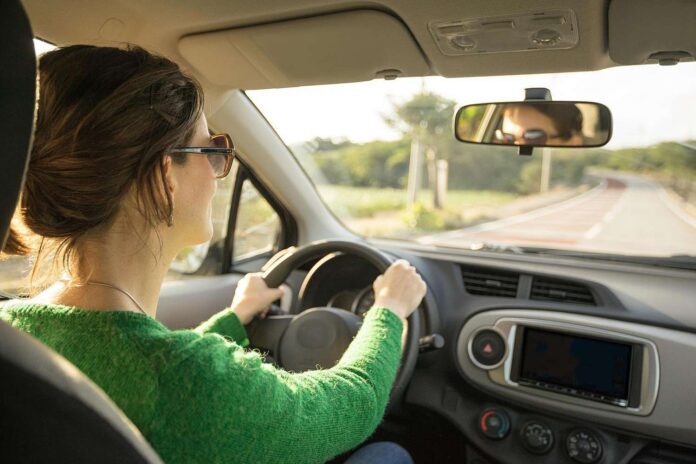
The first step is to show that the other driver owed you a duty of care. In the context of driving, this is a general duty that all drivers share, which is to operate their vehicle with reasonable care and in a manner that does not endanger other road users.
Breach of Duty
Once a duty of care is established, you must prove that the other driver violated, or “breached,” that duty.
This could be shown through evidence of speeding, running a red light, distracted driving, driving under the influence, or any other behavior that falls below the standard of care expected from a reasonable driver.
Causation
It’s critical to link the breach of duty directly to the accident and your resulting injuries.
Evidence must demonstrate that the accident would not have occurred but for the other driver’s negligent behavior. This is known as “cause.”
Additionally, you must show that the injuries were a foreseeable result of the breach, referred to as “proximate cause.”
Damages
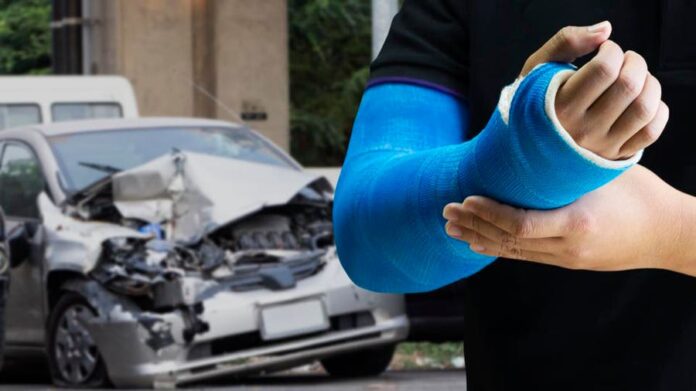
The final element is proving you suffered actual damages from the accident.
This is where your medical records, bills, evidence of lost wages, and other monetary losses become central.
Testimonies from healthcare professionals can substantiate the severity of your injuries and forecast long-term impacts that might not be immediately apparent, such as ongoing rehabilitative care or future surgeries.
In collecting evidence, it may also be beneficial to demonstrate adherence to the law and safety practices on your part—such as wearing a seatbelt or having a clean driving record—to strengthen your claim and potentially mitigate any allegations of shared fault.
Evidence can be used to establish these elements.
With the complexity of proving liability in car accident cases, having legal representation is invaluable.
Experienced attorneys can meticulously assemble the necessary documentation and evidence while interpreting and countering the points raised by the defense.
Building a compelling case that clearly articulates the other party’s liability is paramount in securing just compensation for your injuries and damages.
The Importance of Evidence in Your Car Accident Claim
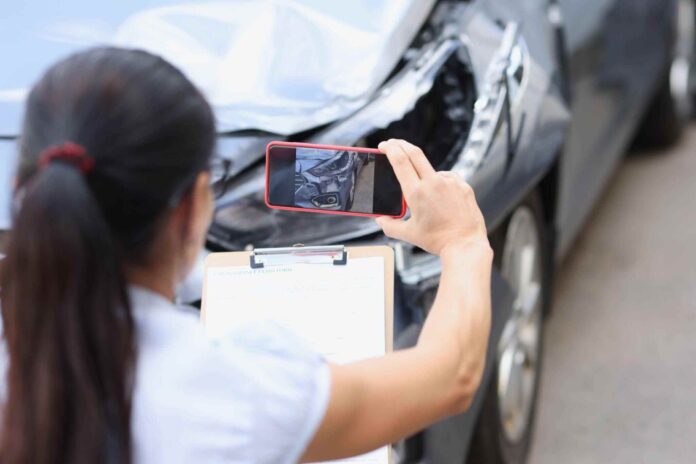
Evidence shapes your car accident claim at every stage.
By being proactive about gathering comprehensive evidence and seeking the assistance of a knowledgeable San Diego car accident lawyer, you maximize your chances of a successful outcome.
Experienced legal representation can guide you in evidence preservation and leverage the evidence effectively to argue your case and secure the compensation you deserve.

